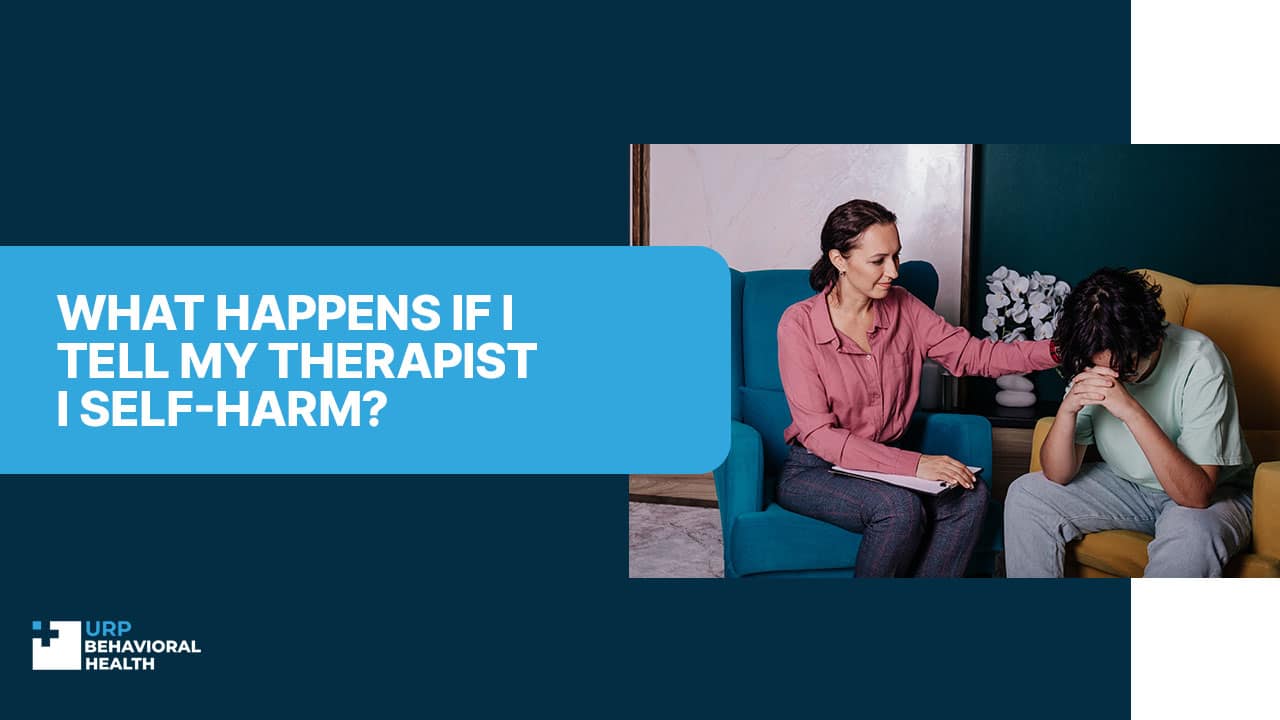
What Happens if I Tell My Therapist I Self-Harm?
Depending on the state and the laws there, if you inform your therapist that you have been self-harming, he or she. In the USA, it is legal for many therapists to warn specific behaviors in the presence of threats to oneself and others. Self-injury is often a gray area: several therapists could mistake it for suicidal risk and subsequently have the urge to act on it, say, by hospitalizing the patient.
With all these obligations, most therapists observe the right to confidentiality and aim to give assurance to the clients. You should therefore discuss with your therapist regarding their reporting requirements and set down rules on how you want your situation handled including self-harming. A form of therapy such as Dialectical Behavioral Therapy (DBT), developed for clients with self-harm behavior is specifically helpful and you’ll be protected while receiving this therapy.
Contact our admissions team now to begin your path toward a brighter future.
Something to note concerning self-disclosure here is that disclosure of self-harming behavior impacts the trust element in the patient-therapist relationship. A therapist who gets it wrong and reports it will make the person concerned feel betrayed and this will not help the healing process. As a result, many experienced therapists do not immediately come up with some action, while trying to help, but at the same time, if there is a threat, do not sit idly by.
















